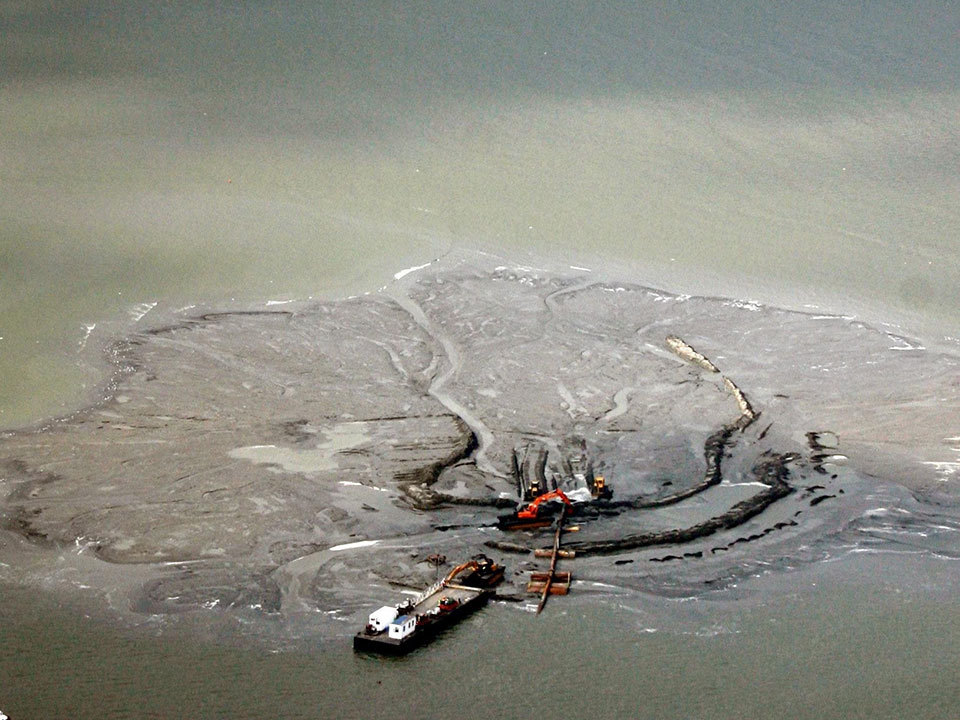
Sub-zero temperatures in the North Atlantic could significantly impact the natural ability of bacteria to help the ocean recover from a major oil spill, according to researchers.
In the first study of its type, scientists at the University of Aberdeen tested the ability of oil-degrading micro-organisms found in deep waters west of Shetland, home to several major oil fields, at different heats.
The research found the consequences of a major spill in colder waters would last far longer than other deep water drilling environments, with recovery at 0C (32F) significantly slower than at 5C (41F).
Professor Ursula Witte said: “The fact that certain hydrocarbons we tested did not show any detectable levels of degradation at 0C suggests that the impact of oil contamination at near zero or sub-zero temperatures would have a severe long-term impact on the marine environment.
“Depleting oil reserves has forced the industry to explore progressively deeper waters and the dramatic shrinking of Arctic sea ice means that previously inaccessible reserves are now considered for exploration.
“Understanding the environmental implications of an oil spill in the cold and deep ocean is, therefore, urgent to improve our response to a potential spill.
“This study is the first to confirm that hydrocarbon degradation in sediments at 0C is significantly slower than at 5C.”
Millions of gallons of oil spilled into the Gulf of Mexico as a result of the Deepwater Horizon disaster in 2010 and micro-organisms played an important role in breaking it up.
The warm waters and abundance of oil-eating bacteria are thought to have aided recovery, although a large amount of fuel still reached the seafloor.
Oil accumulating on ocean bed sediments can remain for decades and cause harmful effects.
